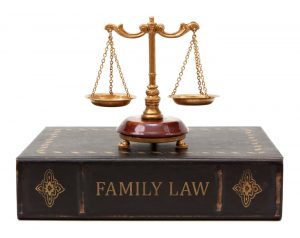
Letters to the editor
EV mandate
The Healey administration needs to stop playing a wait-and-see game with its electric car mandate. The governor’s decision to follow the lead of Vermont, Maryland, and Delaware by delaying the Advanced Clean Car (ACC II) rule is logical, but anemic.
Out of the gate, EVs are more expensive. With federal plans to eliminate the EV-purchase tax credit and impose annual fees on owners, that price tag only gets higher. If Massachusetts leaders want to make the state more affordable, they shouldn’t take away affordable options. What’s more, there aren’t enough charging stations to make EV travel reliable, especially in rural areas, and the grid capacity doesn’t exist to support widespread EV adoption.
Planning to restrict consumer choice, particularly at a higher cost and without the necessary infrastructure, makes no sense.
The U.S. Senate and House — the latter with “yeas” from 35 Democrats — voted to overturn the California waiver that enabled other states to adopt ACC II. President Trump is expected to sign the resolution into law, and California’s governor intends to sue. It’s sure to be a lengthy and costly legal battle.
Congress should put an end to this madness once and for all by repealing the Clean Air Act provision that allows other states to take up California’s misguided exemptions.
Nonetheless, the Commonwealth’s feeble ACC II pause is irresponsible. Any foreseeable timeline is unworkable, and the entire concept is anti-consumer and anti-business. Our leaders should face the facts and immediately revoke the mandate altogether.
Paul D. Craney
Executive Director
Massachusetts Fiscal Alliance
Boston
Nicotine ban
Proponents of a Generational Tobacco and Nicotine Ban, aka Nicotine-Free-Generation, intend it, within 5 to 10 years, to usher in total tobacco and nicotine prohibition in Massachusetts (“Listen to the voters on ‘nicotine-free-generation’ moves,” May 26). They cloak this scheme as being “for the kids.”
The Food and Drug Administration, however, reports that teen smoking is at a 25-year low and teen vaping is at a 10-year low. The FDA recently authorized, after “extensive scientific review,” 20 types of nicotine pouches and stated that teen use “remains low.”
If the tobacco industry is trying to attract youth, it is not succeeding.
NFG activists insist that retailers will have time to “adjust” to reduced revenue from a tobacco and nicotine sales ban. But, they are quite secure in their university positions or as grant recipients from the state or tax-exempt foundations. They have little understanding of the concept of profit and loss.
Stephen Helfer
Cambridge


